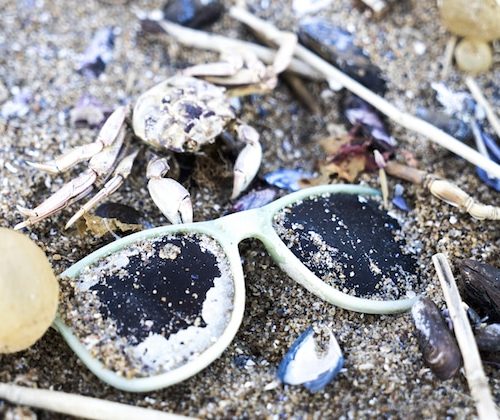Reduce, reuse, recycle
How many times have you been to the beach and had to sweep away old plastic bottles and bits of fishing net to make room for your towel, or been swimming in the sea only to have a heart attack as a bag wraps around your ankle? It’s a question that’s asked time and time again, “how do we recycle effectively in Hong Kong?” The answer? Well, it’s not easy, but it is doable. According to the BBC, “If Hong Kong continues in this way, we will reach breaking point by 2020,” with all three landfills in the New Territories said to “be full by 2019.“ So, if there is ever a time to act, it’s now!
Between oil and microbead spills, Hong Kong has had a rough time recently, and we’re constantly striving to make positive changes, despite the statistics. We spoke with founder of Plastic Free HK, Lisa Odell who shares her hassle-free tips for recycling in the city…
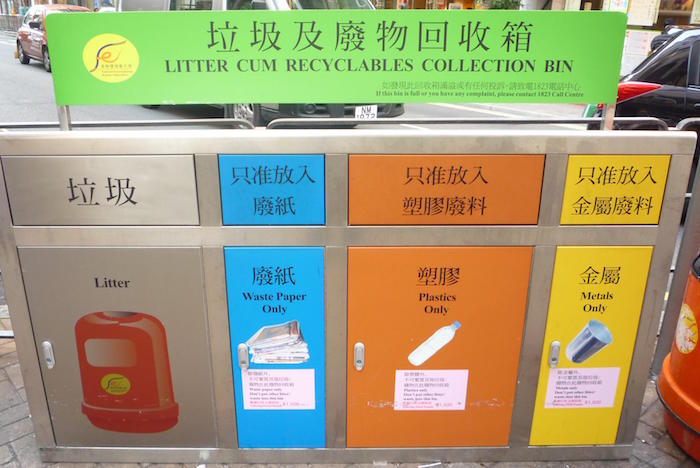
Learn about Recycling Resources in Hong Kong
“Hong Kong throws away 5.2 million bottles every single day,” imagine the difference we could make if everybody made an effort to recycle? “The main issue is that Hong Kongers don’t have access to recycling collection points or do not know where they are” admits Lisa. “Even more so, many people who do know where the recycling bins are don’t trust the system, so they end up not bothering,” which is a huge part of the problem! “Read through the government’s recycling regulations” she urges, “for example, everything should be thoroughly washed out.” We were shocked to learn that even the smallest mix-up – a cigarette butt that ends up in the plastic compartment – contaminates the entire bin to the point that the whole collection is unfit for recycling in HK. Educating yourself is key – “the best information you can find about where to locate collection points is probably here.”
Read more: Conscious Couture: Hong Kong’s Eco-Friendly Designers
One of our favourite ways to get into the recycling habit is to designate one day to doing to your “recycling chores.” Fridays could be your day to bring your weeks’ worth of (rinsed out) plastic bottles to the collection bin. Start simple: if you drink a lot of bottled beverages, make an effort to rinse them out and put them in a separate trash bag throughout the week. One: you might just be shocked at how many single-use plastic bottles you’re collecting and two: it’ll take no time at all to walk these over to a ‘Litter Cum Recyclables Collection Bin’ nearby. Move on to doing the same with paper and cardboard items as well as metal tins. We’ve seen compartmented recycling bins available to buy on TaoBao, which if you’re lacking in space, is a good way to keep things in order each week.
“I think the most powerful thing we could do on a personal level, first and foremost, is to avoid using any plastic packaging whatsoever.” Although Lisa sets the bar quite high, we left our conversation feeling optimistic that Hong Kongers really can make the changes needed to drastically decrease the amount of recyclables that are thrown away.
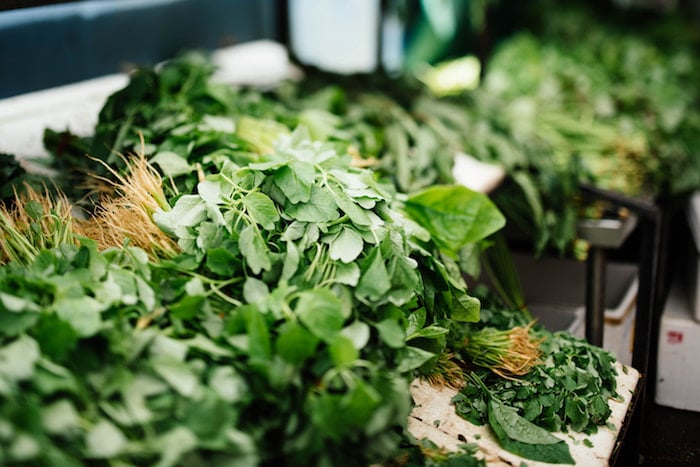
Make Small, Habitual Changes
To coin Bea Johnson, founder of ‘Zero Waste Home,’ “following the ‘Five R’s’ is a good first step to take; refuse, reduce, reuse, recycle, rot,” says Lisa. “Refusing wasteful things should be the very first option we go for. Then if you can’t refuse it (like produce wrapped in plastic), then reduce it as much as possible. And so on…”
Read more: Top 5 Eco-Conscious Cafés in Hong Kong
“Last year, Green Earth estimated that the amount of plastic bottles dumped in Hong Kong every day, was more than enough to fill an Olympic-sized swimming pool” [Source: SCMP], so what can you do to help reduce this statistic? In the Sassy office we’re consciously trying to cut down the amount of plastic we use on a daily basis, and actually have a cupboard for reusable tupperware and metal cutlery which the team use when they pop down for lunch. Suggest that your office follow suit or bring in your own container and ask restaurants to use this rather than its plastic option – we have found that the majority of places happily oblige! We’re also constantly sipping out of stainless-steel water bottles and straws, as well as ordering coffees ‘to go’ in thermal tumblers.
We all know to carry around a reusable bag with us so that we can nip into supermarkets without leaving with a fist full of plastic, but how often do you come home with plastic bags full of lemons or allow the cashier to bag your meat and dairy products as it swipes through the till? Buy a produce bag, or start re-using the hundreds you have stashed away!
More food for thought: “the average woman throws away 250 to 300 pounds of “pads, plugs (tampons), and applicators” in her lifetime” [source: Flow: The Cultural History of Menstruation]. Consider using a menstrual cup or purchasing OB Tampons which are applicator free and are available in both Watsons and Mannings. Make small changes to your beauty regime like optioning for ‘nude’, plastic-free products such as shampoo and conditioner bars, silk dental floss and use a flannel to remove makeup rather than buying makeup wipes. Most importantly, ensure that your facial products don’t contain microbeads!
Read more: Go Green: 5 Eco-Conscious Hobbies to Try in 2017
FACT: According to a study from Plymouth University, plastic pollution affects at least 700 marine species, while some estimates suggest that at least 100 million marine mammals are killed each year from plastic pollution. [Source: One Green Planet]
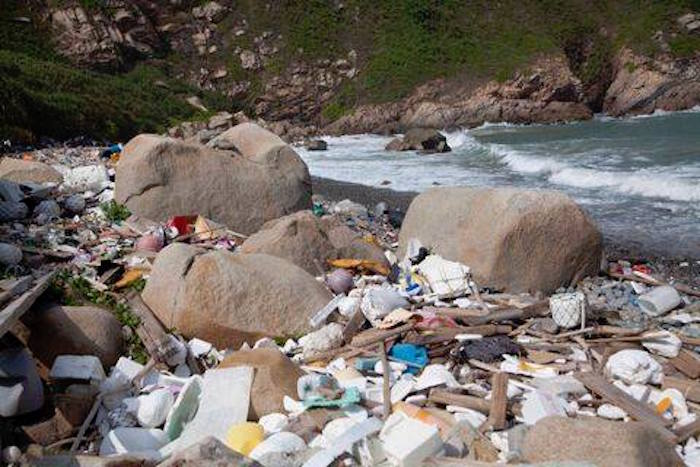
Take Action
Reach out within your community! Organise an outing to one of Hong Kong’s many plastic-strewn beaches and, with the guidance of organisations such as Hong Kong Cleanup, actively start cleaning up the problem. You can also make a donation to organisations like ‘Plastic Free Seas‘ which help “fund education programs offered free of charge to schools.” Request a ‘take action’ postcard that can help you to “engage easily and effectively with businesses to let them know that their customers would like some waste saving changes to be implemented.”
Read more: Top 10 Cruelty-Free Makeup and Skincare Products
There will always be days where you have to take a plastic bag or accept a meal that’s given to you in polystyrene, but it’s the little changes you make that spark a habit. Only positive things can come of implementing some of these changes day to day.





 Eat & Drink
Eat & Drink



 Travel
Travel



 Style
Style



 Beauty
Beauty

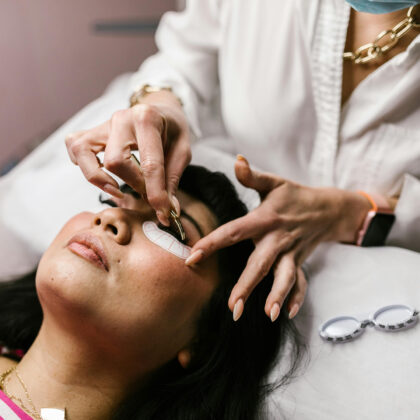
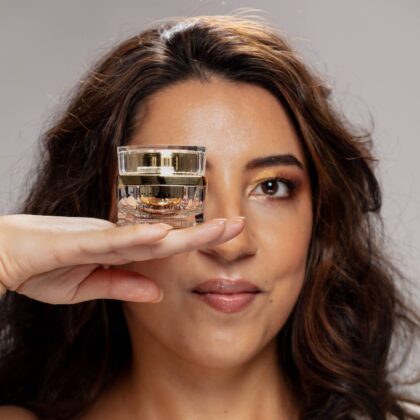
 Health & Wellness
Health & Wellness
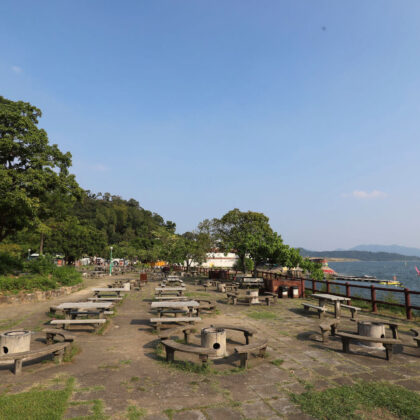


 Home & Decor
Home & Decor

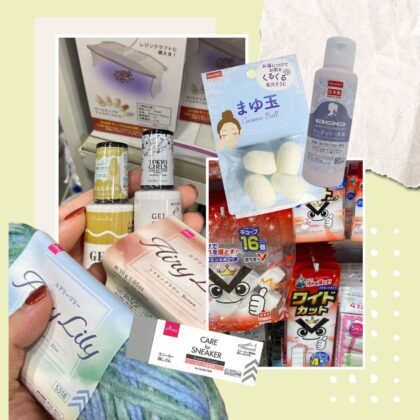

 Lifestyle
Lifestyle


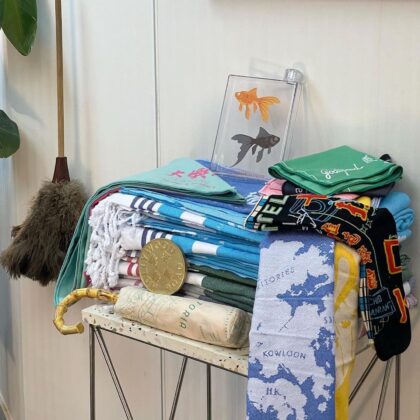
 Weddings
Weddings



